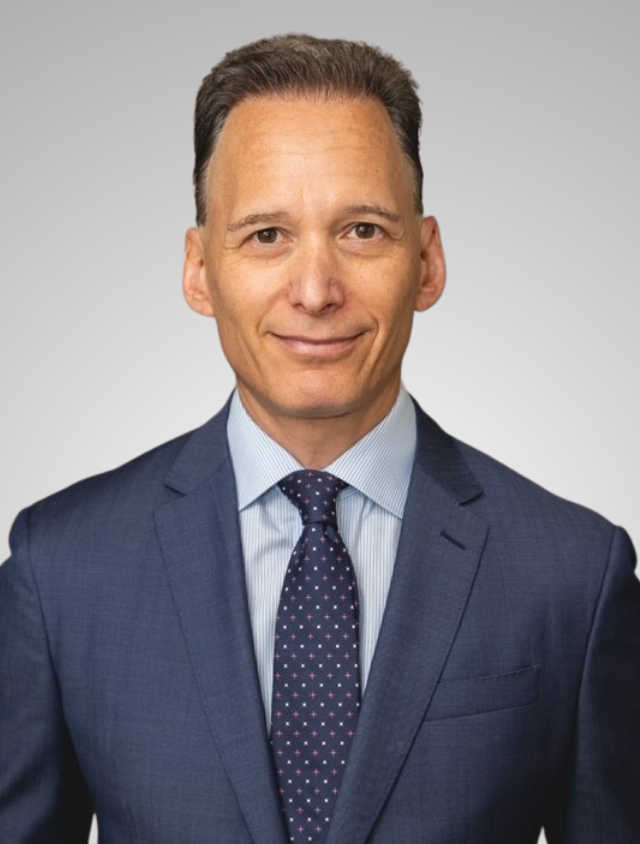Recurrent laryngeal nerve (RLN) surgery is a procedure that helps treat vocal cord paralysis and immobility by closing the gap between the vocal cords, thereby alleviating voice hoarseness and breathing issues. This surgery is often recommended for patients who have permanent laryngeal nerve damage due to congenital anomalies, injury, tumors, infection, or complications from a previous surgical procedure.

Recurrent Laryngeal Nerve Surgery

What is Recurrent Laryngeal Nerve Surgery?
What to Expect
In most cases, recurrent laryngeal nerve surgery takes 2 to 3 hours and is performed under general or local anesthesia to ensure patients remain comfortable and do not feel any pain.
Surgeons begin by making a small incision in the neck. Then, depending on the extent of your condition, they will use one of two techniques to address the damaged nerve:
- RLN reinnervation: Replacing a damaged vocal cord with a section of healthy nerve tissue taken from another area of the neck.
- Vocal cord repositioning: Using tissue from the outside of the voice box or a mesh device to push a paralyzed vocal cord toward the middle of the voice box, helping the healthy vocal cord vibrate against the non-functioning vocal cord.
After the Procedure
Many patients can return home within a few hours after surgery. Your throat will likely feel sore for a couple of weeks, but most patients notice their swelling subsides within a few days.
Your surgeon will likely recommend you do not use your voice for at least three days after surgery, and it’s also best to avoid coughing, clearing your throat, raising your voice, smoking, or drinking alcohol for at least two weeks. Some patients may also benefit from speech pathology to support healthy vocal behaviors and techniques as they heal.
While voice hoarseness may improve within a few weeks, remember that it often takes several months for patients to fully heal and experience the final results of their procedure.
Risks & Benefits
While RLN surgery is considered safe, all surgeries have risks. These risks include:
- Bleeding
- Infection
- Permanent changes in the character of the voice
Fortunately, recurrent laryngeal nerve surgery has a high success rate, reducing or eliminating voice hoarseness in numerous patients while supporting healthier breathing.
Am I a candidate for recurrent laryngeal nerve surgery?
If you are experiencing recurring voice hoarseness, changes in vocal pitch, or difficulty breathing due to laryngeal nerve damage, you may be a candidate for RLN surgery. However, for patients taking certain medications or those with certain medical conditions, it may not be safe to undergo this surgery at this time.
Additionally, some patients see improvements in their condition with more conservative interventions, such as injections of body fat, collagen, or other filler substances.
Your doctor will perform a thorough exam to determine the best treatment for your condition.
Our Surgeons
Patient Stories
Find a Location
Request an Appointment
Curious whether you are a candidate for recurring laryngeal nerve surgery? Schedule time with one of our specialists to learn more about our RLN treatment options.

